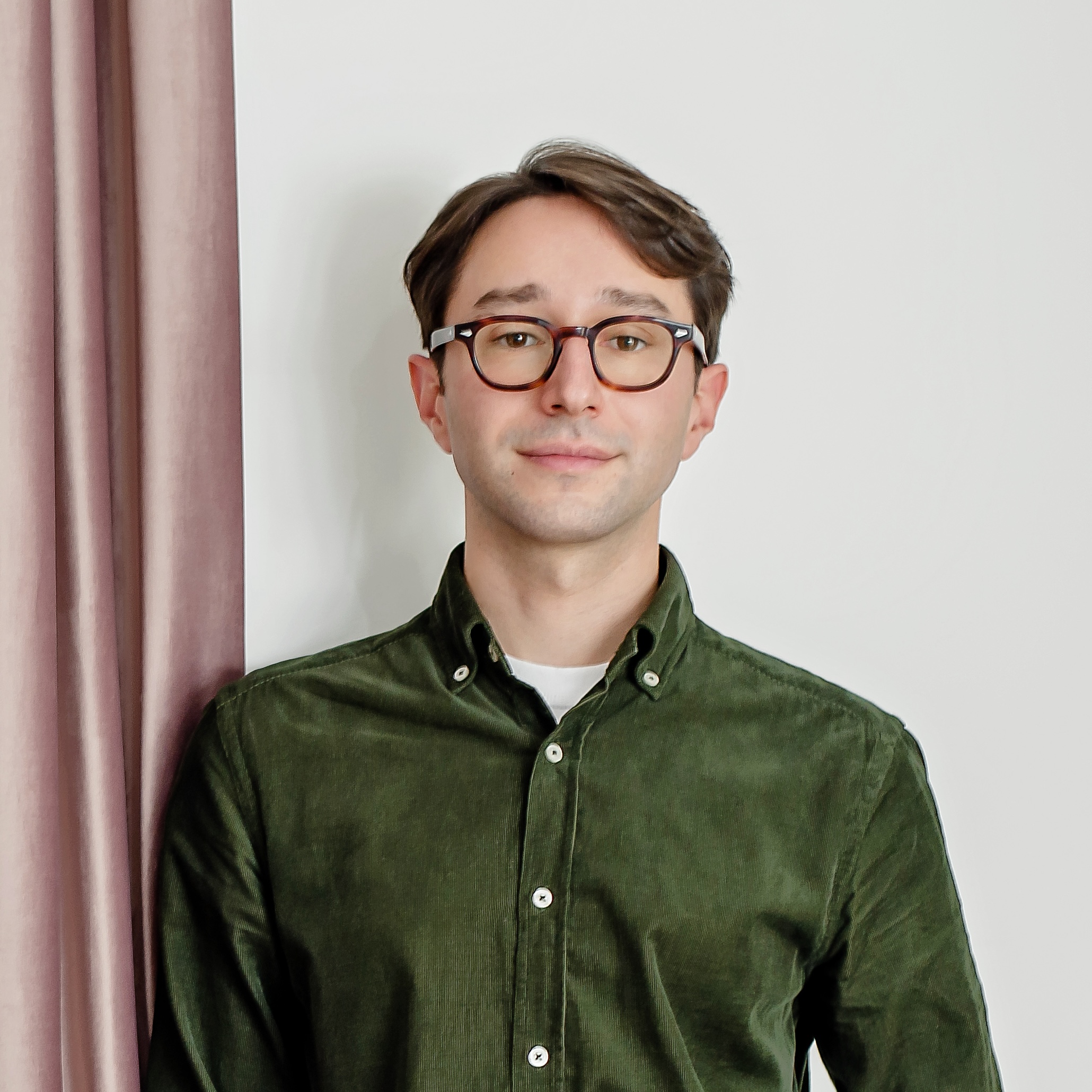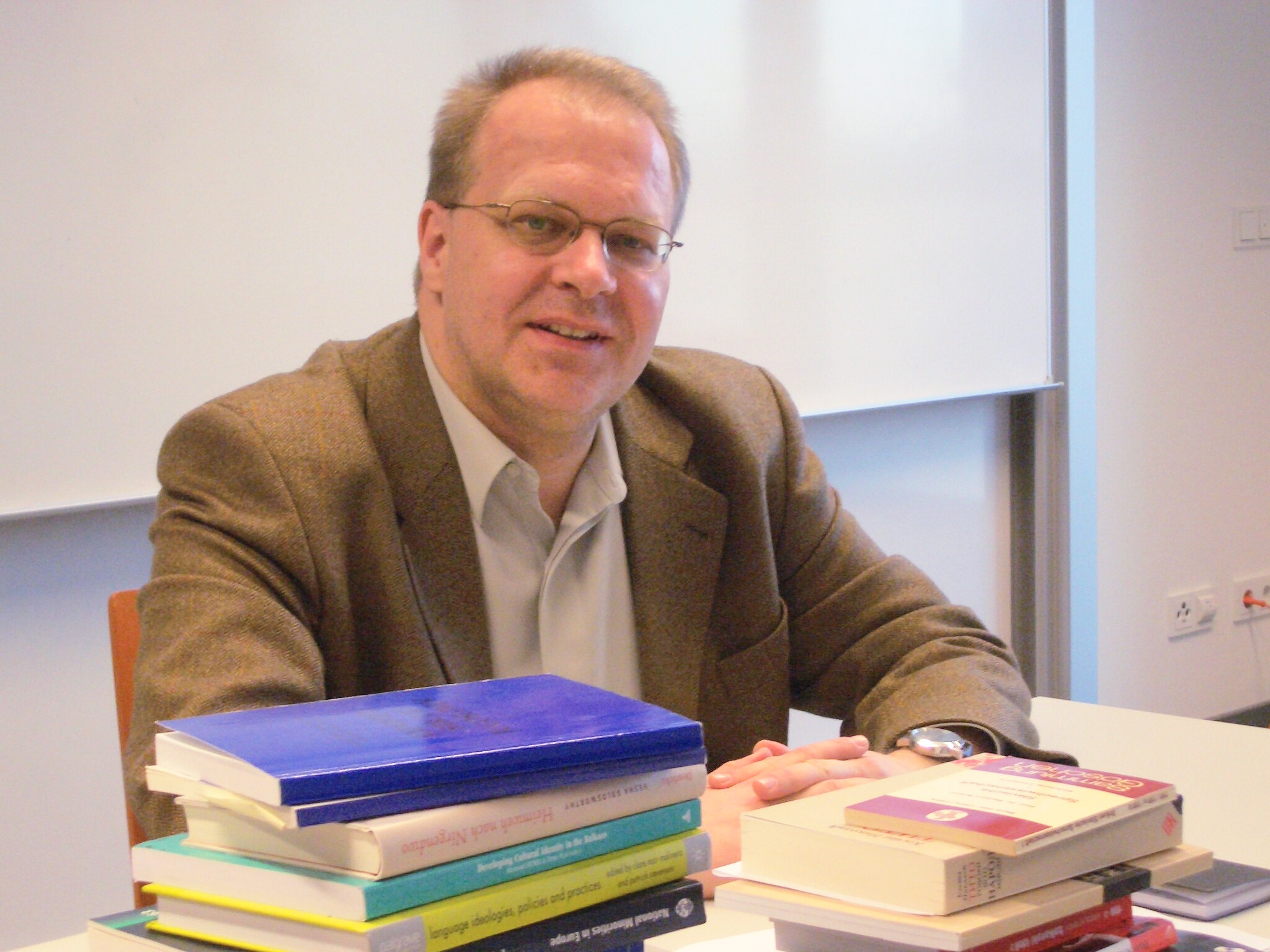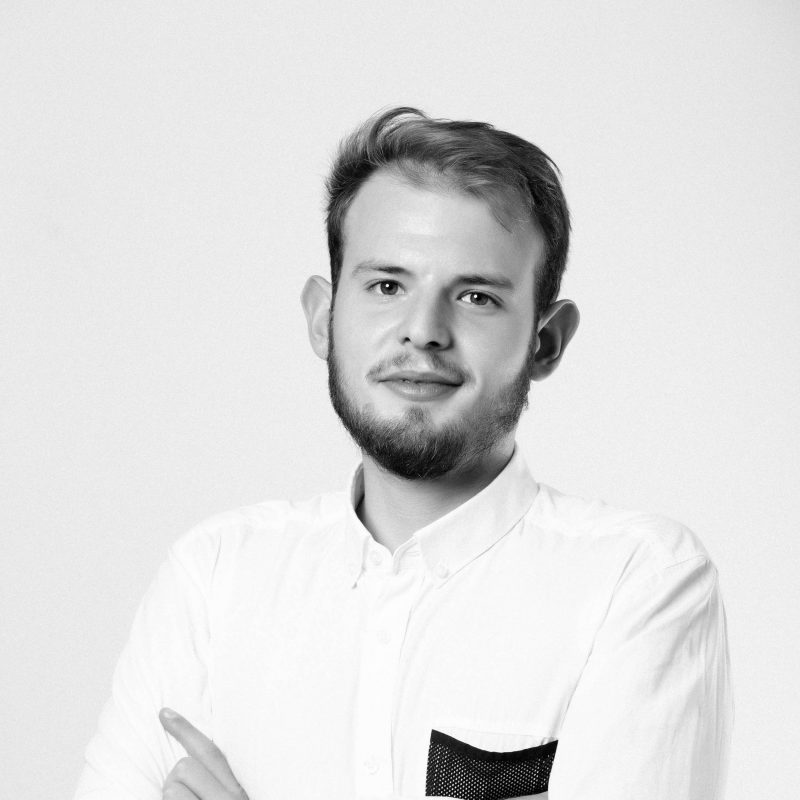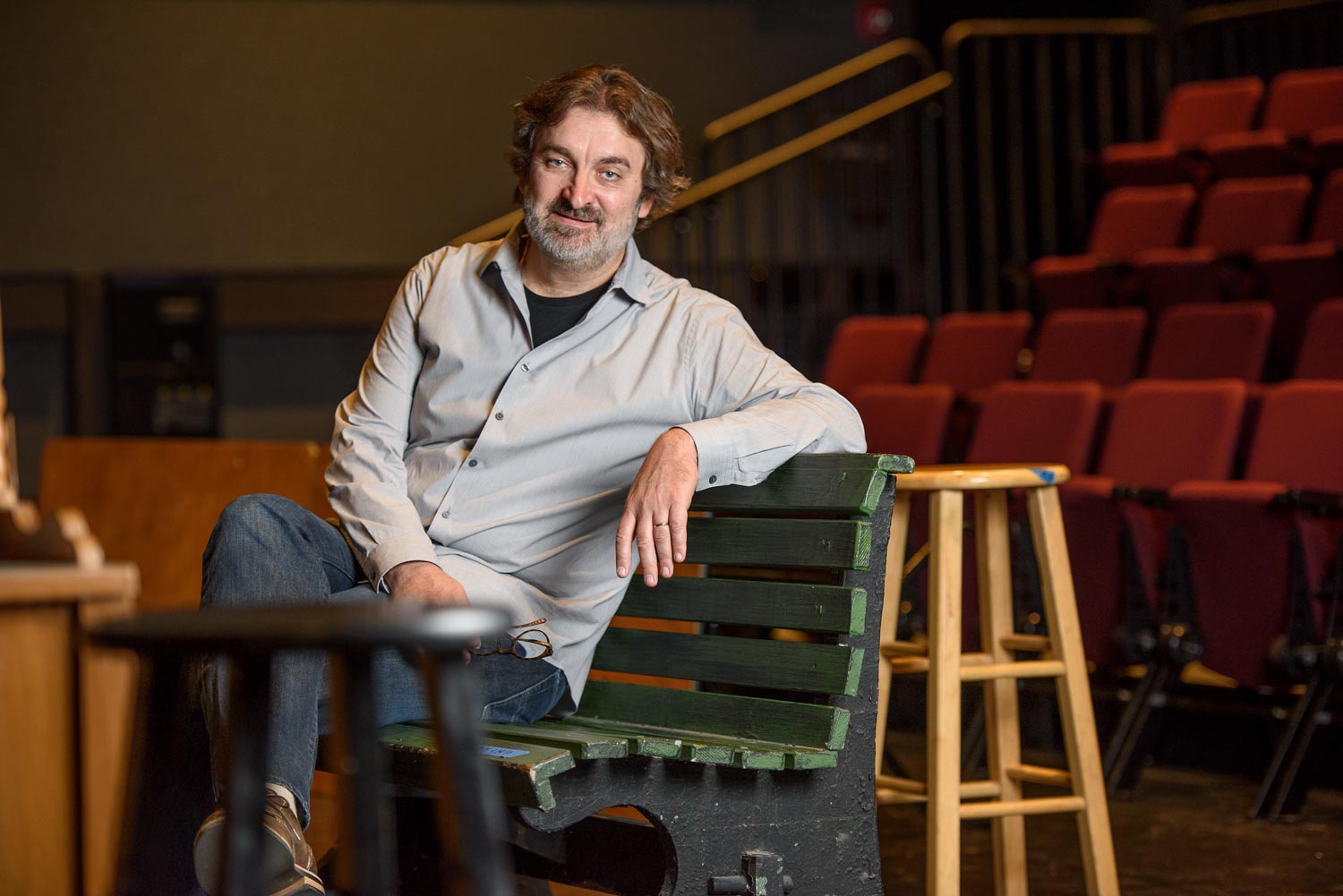On Thursday, February 16th at 12 PM (CET), we are hosting the CAS SEE Seminar with Matteo Millan on the topic of Armed Associations in Europe on the Eve of the First World War: The Dark Side of the Belle Époque, presented by our Fellow Nicola Camilleri.
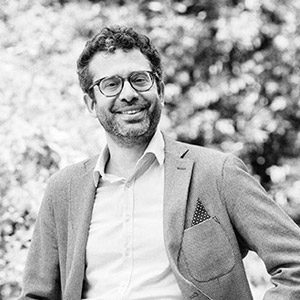
MATTEO MILLAN
Associate Professor of Contemporary History at the University of Padova (Italy). Before coming to Padova, he was awarded postdoctoral fellowships to carry out research in Oxford and Dublin. Matteo has studied the intelligence network of the Italian Resistance movement and fascist squadrismo (‘The Institutionalisation of Squadrismo’, Contemporary European History, 2013; The Blackshirts’ Dictatorship, Routledge 2022).
Recently, he completed a major ERC project on armed associations and political violence in pre-WWI Europe. He is currently working on a book manuscript on this subject, forthcoming with Cambridge University Press.
About the Seminar
In the quarter century before the outbreak of the First World War, the entire European continent saw the proliferation of a myriad of armed associations. Lawful armed associations were a mass phenomenon involving thousands and thousands of people. Actual paramilitary groups such as the Ulster Volunteer Force (100,000 men in 1913), long-established militias like the Somatén Armado de Cataluña (40,000 members), and private police forces like the German Zechenwehr or the British Volunteer Police Force, as well as training groups and shooting clubs such as the Volunteer Cyclists and Motorists in Italy, are just a few examples of a widespread phenomenon which characterized the entire continent, from Portugal to Austrian Galicia.
The emergence of armed associations in pre-1914 Europe seems somewhat paradoxical. They were not the result of the collapse of states or devastating institutional crises. On the contrary, the mushrooming of armed associations all over the continent was a response to profound and swift social, political, and cultural transformations–from processes of social and political democratization to the enlargement of the public sphere–which marked this period.
This talk will investigate the multifaceted history and features of armed associations. It will relate them to ongoing social and political democratization processes to shed light on the contradictions of this epoch.
Join Zoom Meeting
https://us02web.zoom.us/j/88989643663?pwd=VnZTOWRmdnl0WEZIdTczc1paZWtkdz09
Meeting ID: 889 8964 3663
Passcode: 328897
Fellowships
Fellowships are enabled by the ERSTE Foundation and Rockefeller Brothers Fund in the framework of supporting brain circulation for democratic development in Southeast Europe.
UNIRI The Moise Palace: Cres Island
An education center of the University of Rijeka. A five-hundred-year-old patrician townhouse and the largest Renaissance palace on the Croatian islands. A venue and forum for various scientific and research activities, it welcomes visiting academics, students and scholars.

